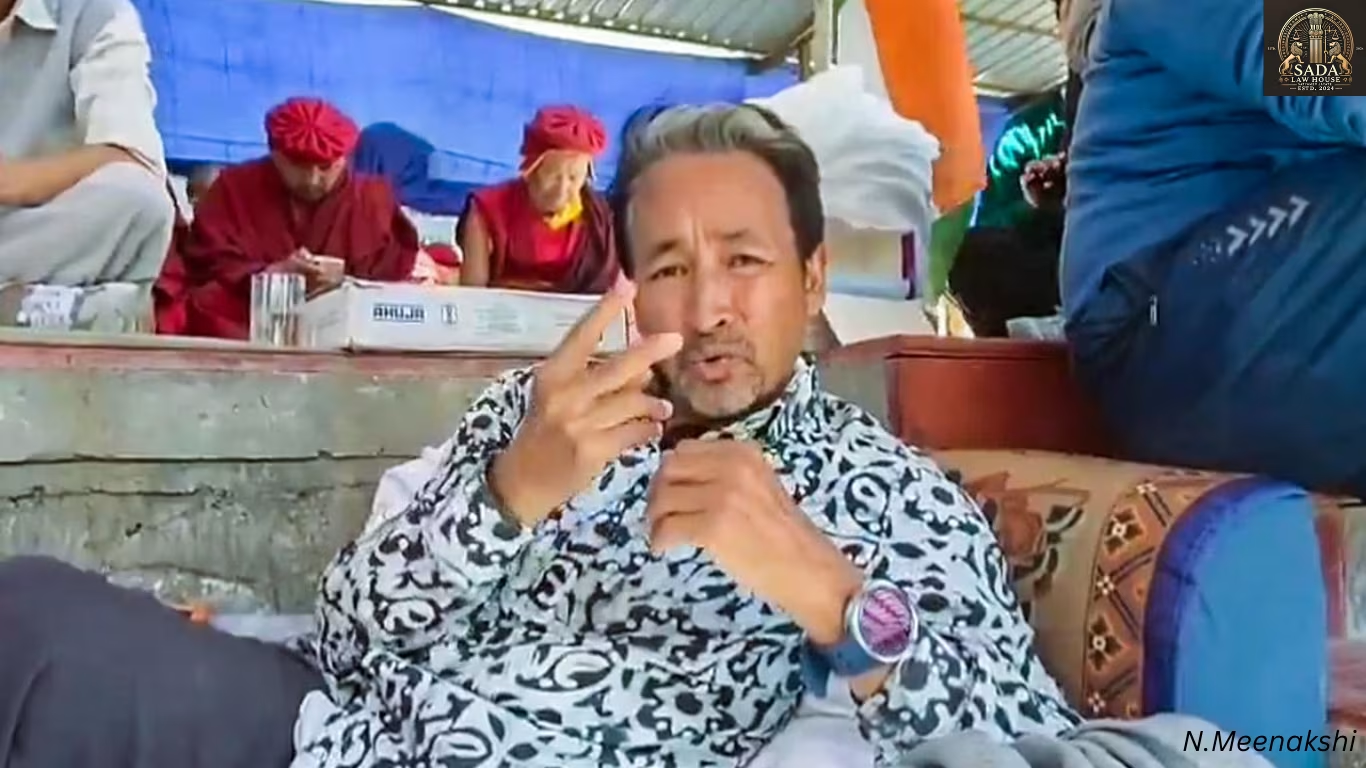Sonam Wangchuk Arrested After Violent Ladakh Statehood Protests
- Shivani Garg
- 30 September 2025

Introduction
The arrest of climate activist Sonam Wangchuk in September 2025 followed a violent turn in the ongoing Ladakh statehood movement. Long-standing demands for statehood and constitutional safeguards under the Sixth Schedule escalated into unrest in Leh, leaving casualties, property damage, and a deepening rift between the administration and local communities. The episode highlights the intersection of environmental activism, regional aspirations, and governance challenges in India’s newest Union Territory.
Background
Ladakh was carved out as a Union Territory in 2019 after the abrogation of Article 370.
Local communities have since sought full statehood and inclusion under the Sixth Schedule of the Constitution, which provides tribal regions with autonomy and protection of land, culture, and resources.
Sonam Wangchuk, an internationally recognized climate activist and education reformer, became the prominent voice of this movement.
On September 10, 2025, he launched a hunger strike to press for these demands, intensifying the agitation.
Key Developments
The protests had remained peaceful until September 24, 2025.
Tensions escalated when two
hunger strikers — an elderly man and a woman — were hospitalized. This inflamed anger among youth participants.
Demonstrations in Leh turned violent: protesters clashed with security forces, torched a BJP office, damaged government property, and set fire to a paramilitary vehicle.
Authorities resorted to tear gas and live firing to control the mob.
Issues
Whether Ladakh should be granted statehood and Sixth Schedule protections to address demands for autonomy, employment, and resource rights.
The role of civil society leaders like Sonam Wangchuk in mobilizing protests versus allegations of incitement.
Balancing regional aspirations with national security concerns in a strategically sensitive border territory.
Current Status
Four people were killed, and dozens (including civilians and police personnel) were injured.
Authorities imposed curfews and tightened security in Leh and surrounding regions.
On September 26, Wangchuk was arrested by Ladakh Police, accused of making provocative remarks that allegedly fueled the violence.
The Union Government also cancelled the FCRA licence of Wangchuk’s NGO, SECMOL, blocking foreign funding.
Wangchuk has rejected the allegations, calling his arrest a political move and warning that suppressing democratic voices may deepen unrest.
Conclusion
The unrest in Ladakh underscores unresolved questions about democratic representation, ecological sustainability, and development in the Union Territory. While the government frames the violence as law-and-order breakdown incited by Wangchuk, local voices see it as the culmination of broken promises and marginalization. The arrest has polarized opinion, raising concerns about the space for peaceful activism and the path ahead for Ladakh’s governance framework.






